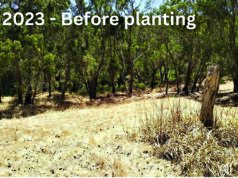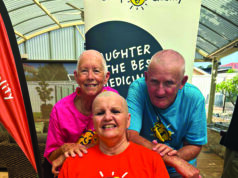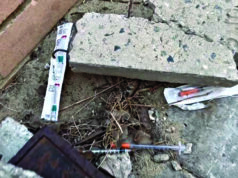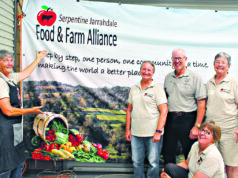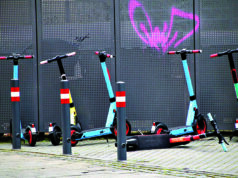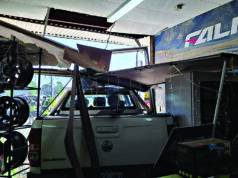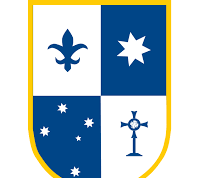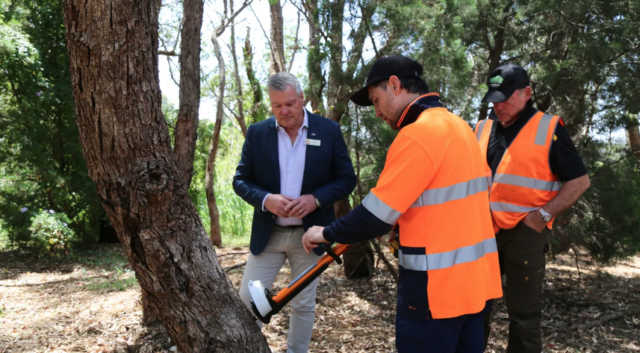
The City of Canning is preparing to restore its tree canopy after a destructive beetle outbreak led to the removal of dozens of trees across local suburbs.
The polyphagous shot-hole borer (PSHB), a tiny pest that burrows into trunks and spreads fungus, forced the City to cut down 48 trees on public land and remove or prune more than 170 trees overall. Cannington was the worst affected, followed by Willetton, Wilson, Riverton and other suburbs.
Mayor Patrick Hall said the City was taking action and would apply for funding through the State Government’s WA Tree Recovery Program.
“We’re committed to replacing lost trees and will plant new ones close to where they were removed,” he said.
The $7.2 million grant allows councils to plant up to three trees for every one removed due to the beetle. Applications for the first round opened on May 26.
Mayor Hall said residents had expressed concern about the loss of trees, but most understood the need to act quickly to stop the beetle spreading further.
“We continue to communicate openly and proactively with residents to keep them informed and involved,” he said.
The City is also part of a trial to treat around 120 infected trees, though it’s unclear how many can be saved.

Finding the right trees to plant is another challenge.
“We’re focused on choosing species that can cope with hotter, drier conditions, while keeping a healthy mix of different types,” Mayor Hall said.
He called on more long-term support from the State and Federal Governments, especially for trees on private land and for more funding to support the City’s Urban Forest Strategy.
“More investment in research, planting and community education will help us protect and grow our canopy,” he said.



